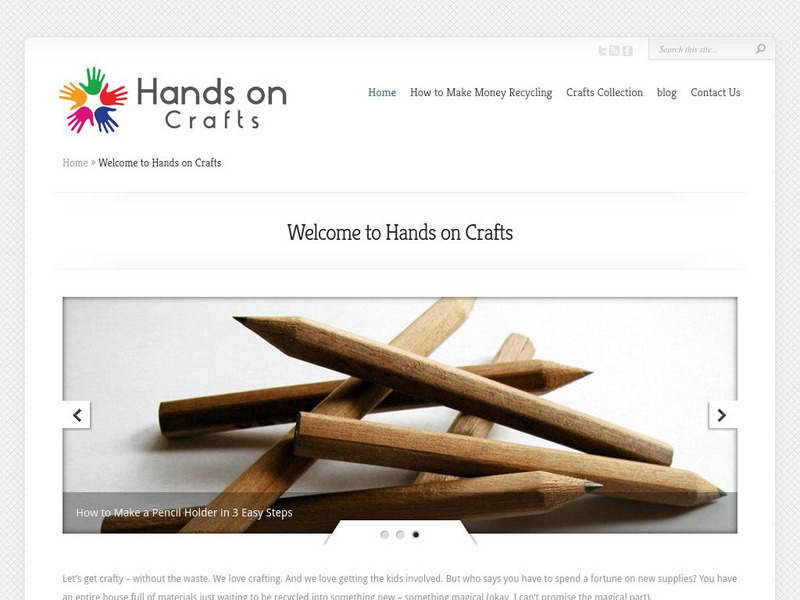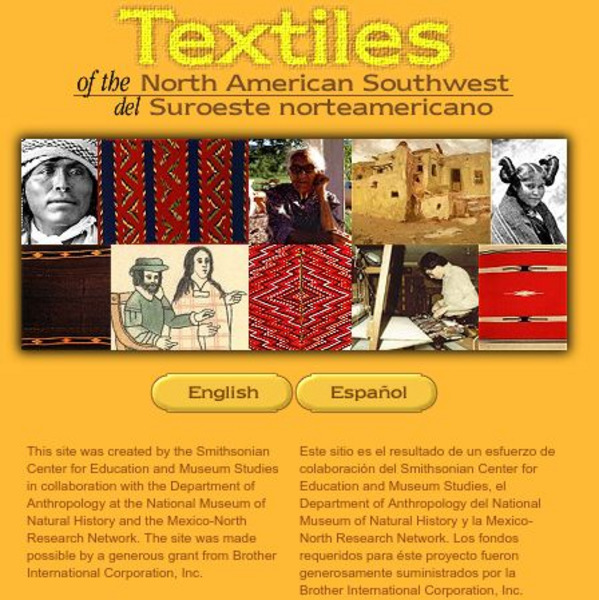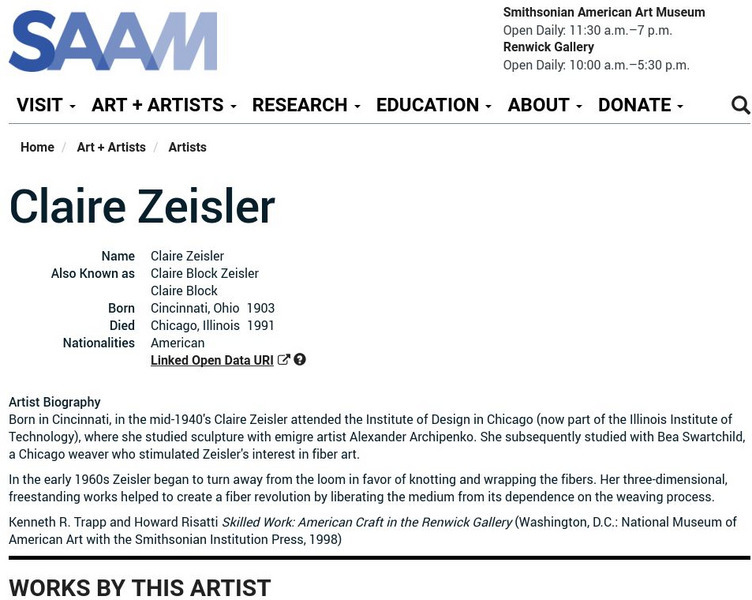Countries and Their Cultures
Countries and Their Cultures: Ibibio
The name "Ibibio" identifies the largest subdivision of people living in southeastern Nigeria, in Akwa Ibom State, and it is generally accepted and used for both ethnic and linguistic descriptions. Like their Igbo neighbors, the Ibibio...
Countries and Their Cultures
Countries and Their Cultures: Kpelle Kinship
The Kpelle are the largest ethnic group in the West African nation of Liberia and a significant group in neighboring Guinea. They are arguably the most rural and conservative of the major Liberian peoples. The only significant kin group...
Countries and Their Cultures
Countries and Their Cultures: Nuristanis
The area known as Nuristan is located at the southern end of the Hindu Kush mountain range in Afghanistan. There are limited amounts of arable land in the Hindu Kush, but there are abundant amounts of pastureland well suited for...
Curated OER
The Fabric of Moroccan Life Rural Weavings
Berber peoples, the indigenous inhabitants of rural Morocco, are known for their spectacular weaving. Shown on this website are 14 different examples.
Other
Charlotte Mecklenburg Library: Hands on Crafts: Basketry
Explains what basket weaving is, how it is used, vocabulary terms, and some of the history of this craft. Includes a basket matching game, and a video of a teenager talking about how she learned to weave from her mother and grandmother.
Smithsonian Institution
Smithsonian Education: Art to Zoo Spinning Yarns, Telling Tales About Textiles
A great resource for introducing different types of textiles and weavings to your students. A good amount of background information is included as well as a few simple learning activities.
Smithsonian Institution
Smithsonian: Textiles of the North American Southwest
This site explores the weaving traditions of the Native American and Hispanic peoples of northern Mexico and the southwestern United States. A gallery of artifacts, timeline, map glossary, and textual descriptions are included. This is a...
Other
Collaborize Classroom: Weaving Online Discussions Into the Classroom
In this resource learn how to structure online discussions to complement traditional in-class instruction.
Smithsonian Institution
The Fabric of Moroccan Life Find the Design
The designs found in Moroccan weaving and textiles often come from things of everyday life or from basic geometric shapes. Given on this site are seven examples of common designs for you to explore and enjoy.
Smithsonian Institution
The Fabric of Moroccan Life
This online exhibit at the National Museum of African Art highlights textiles, embroidery, and jewelry from Morocco. Besides having pictures of 67 artifacts, there is a section on the history of Morocco. The education link allows...
ReadWriteThink
Read Write Think: Weaving the Multigenre Web
Young scholars analyze the elements of a novel in many different genres and then hyperlink these pieces together on student-constructed Websites.
Smithsonian Institution
Smithsonian Education: Textiles
A comprehensive site on textiles of the North American Southwest. Includes a gallery, map, catalog, glossary and timeline.
Smithsonian Institution
Smithsonian American Art Museum: Florence Riggs
As part of the Smithsonian Art Museum's database of artists, Florence Riggs is described here along with information on his contributions to art through her weaving (Navajo).
Other
Smith College: The Warp Weighted Loom, Worldwide
Site provides a picture and brief description of this type of loom which dates back to 7000 BCE. "From the beginning of Western history until the Middle Ages, the main weaving tool was this type of loom."
Smithsonian Institution
Smithsonian American Art Museum: Claire Zeisler
As part of the Smithsonian Art Museum's database of artists, Claire Zeisler is described here along with information on her contributions to art through her work with fiber arts and the weaving process.
Curated OER
Alien Travel Guide: The History of Weaving
Site provides a walk through the ages in textile development. Includes quite a bit on the loom innovations and developments of the textile industry.
Curated OER
Manalagi Group: Weaving in Indonesia
This site from Manalagi Inc. contains information on the weaving in Indonesia with focus on the backstrap loom. Pictures are provided and the text is somewhat in-depth, making this a great site to check out on the subject.
Curated OER
Manalagi Group: Weaving in Indonesia
This site from Manalagi Inc. contains information on the weaving in Indonesia with focus on the backstrap loom. Pictures are provided and the text is somewhat in-depth, making this a great site to check out on the subject.
Curated OER
Manalagi Group: Weaving in Indonesia
This site from Manalagi Inc. contains information on the weaving in Indonesia with focus on the backstrap loom. Pictures are provided and the text is somewhat in-depth, making this a great site to check out on the subject.
Curated OER
Web Gallery of Art: Weaving
An image of "Weaving", created by Andrea Pisano from 1337-42 (Relief).
Curated OER
The Fabric of Moroccan Life Rural Weavings
Berber peoples, the indigenous inhabitants of rural Morocco, are known for their spectacular weaving. Shown on this website are 14 different examples.
Curated OER
African Craft: Small Loom Weaving
Directions on how to make a simple loom from a wooden board and dowel rods. This style is representative to a traditional African loom. Try a new way of weaving in your classroom.
Royal British Colombia Museum (Canada)
Weaving Doukhobor History
Here the life of the Doukhobour culture in British Columbia is discussed. This Russian emigre pacifist sect and their communal way of life helped shape the debate over human rights in British Columbia.
National Council of Teachers of Mathematics
The Math Forum: Multicultural Math Fair: Navajo Burntwater Designs
Simple lesson designed to help students learn the geometric concepts of translation, reflection, and symmetry by creating Navajo weaving patterns. Includes templates and instructions and is available in English and Spanish....
Other popular searches
- Basket Weaving
- Adinkra Weaving Patterns
- Yarn Weaving
- African Weaving
- Navajo Weaving
- Paper Weaving
- Bead Weaving
- Coil Basket Weaving
- Paper Plate Weaving
- Art Weaving
- Art Paper Weaving
- Colonial Art Weaving









